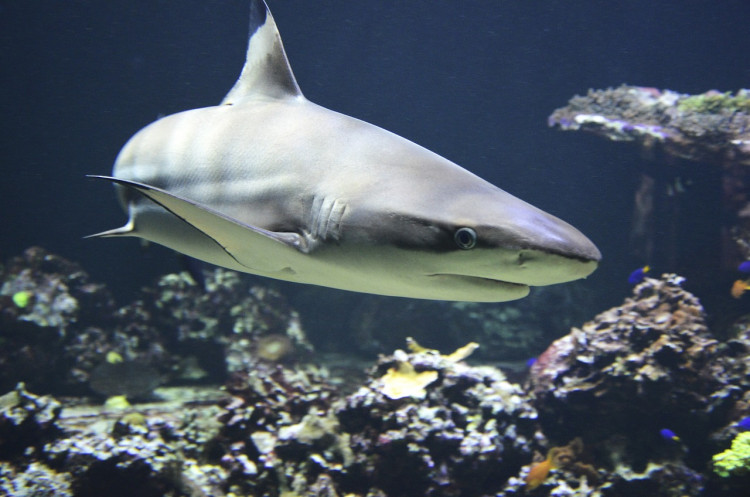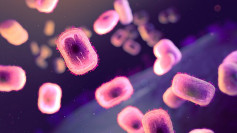In a troubling revelation, marine biologists have discovered significant levels of cocaine in sharks off the coast of Rio de Janeiro. This alarming finding, detailed in a recent study, has highlighted the widespread impact of pharmaceutical and illicit drug contamination in marine ecosystems.
The study tested 13 sharpnose sharks and found high concentrations of cocaine and benzoylecgonine, the primary molecule in cocaine, in both their muscles and livers. Interestingly, female sharks exhibited higher cocaine levels than their male counterparts, suggesting potential differences in drug metabolism related to weight and size. This marks the first documented instance of free-ranging sharks testing positive for cocaine.
Researchers propose that the cocaine contamination likely originates from several sources. One leading theory is the runoff from illegal cocaine manufacturing labs. Additionally, untreated sewage containing the excrement of drug users is another plausible source. Although less likely, the possibility of cocaine packs being lost or dumped at sea has also been suggested. Previous studies have shown that various drugs, including cocaine, are present in water drainage systems and rivers, further supporting these hypotheses.
"The findings are very important and potentially worrying," said Sara Novais, a marine eco-toxicologist from the Marine and Environmental Sciences Centre of the Polytechnic University of Leiria. The study underscores the urgent need for more research to understand how cocaine and other drugs affect marine life, including potential impacts on pregnant sharks and their fetuses.
The contamination of marine environments with illicit substances is not unique to Brazil. In Hampshire, England, untreated sewage has led to the presence of cocaine, amphetamines, MDMA, and antidepressants in various marine species, including crabs, shrimp, and oysters. Similarly, in 2005, squirrels in Brixton, London, were reported to have ingested crack cocaine, further illustrating the pervasive nature of this issue.
The broader implications of this contamination are concerning. Marine biologist Tracy Fanara, who worked on the Discovery TV show "Cocaine Sharks," emphasized the need to explore the impact of these chemicals on aquatic life. "My goal was to shed light on the real problem of chemicals in our waterways impacting our aquatic life and eventually us," Fanara stated. The preliminary experiments conducted for the show indicated that sharks might indeed be affected by cocaine, warranting further investigation.
The presence of cocaine in marine environments poses significant risks to wildlife. The study's authors noted that while they did not observe immediate behavioral changes in the sharks, the drug could impair their eyesight and hunting efficiency, potentially leading to shorter lifespans. The broader ecological consequences remain uncertain but are likely to be detrimental.
In addition to direct health impacts on marine species, the contamination of oceans with pharmaceuticals and illicit drugs raises concerns about the long-term effects on ecosystems and human health. As these substances enter the food chain, they can accumulate in various organisms, potentially reaching levels that could affect human consumers.






